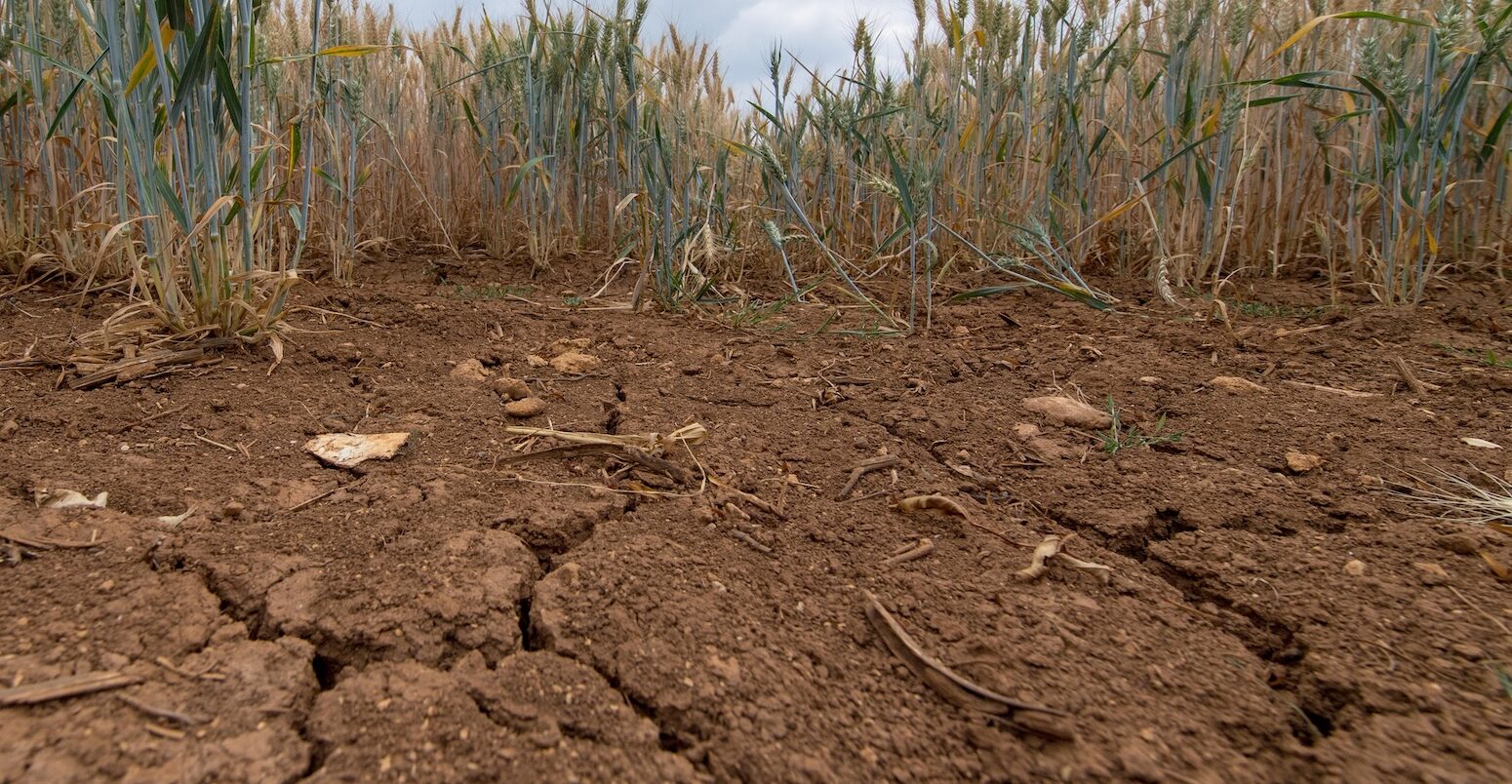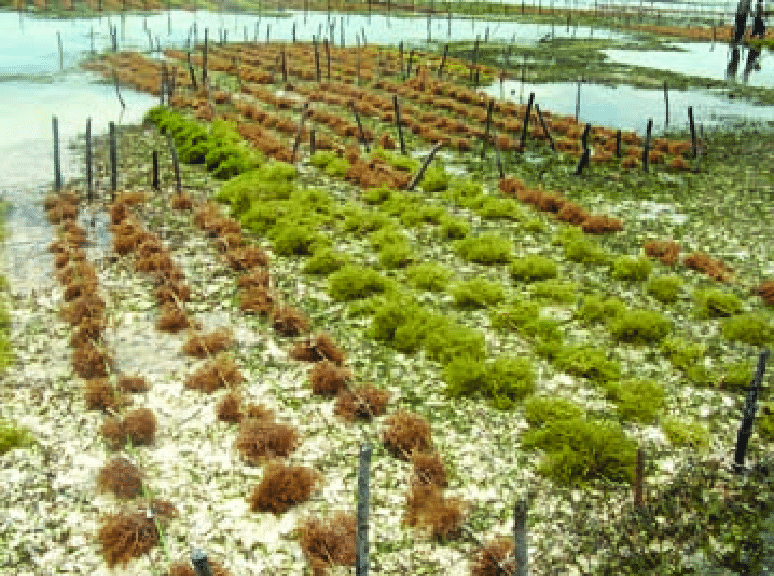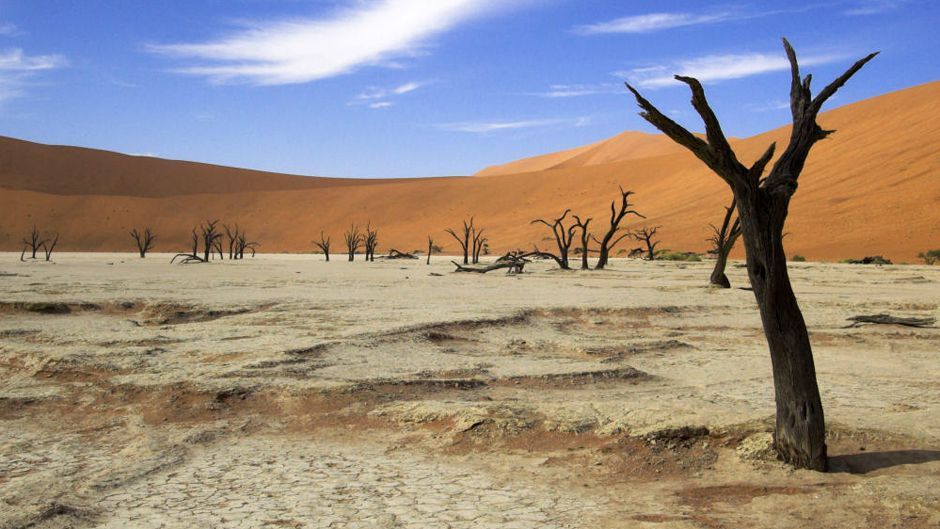The French National Research Institute for Agriculture, Food, and the Environment (INRAE) is a public research establishment. It is a community of 12,000 people with more than 200 research units and 42 experimental units located throughout France. The institute is among the world leaders in agricultural and food sciences, in plant and animal sciences, and is 11th in the world in ecology and environment. INRAE’s main goal is to be a key player in the transitions necessary to address major global challenges. In the face of the increase in population, climate change, scarcity of resources and decline in biodiversity, the institute develops solutions for multiperformance agriculture, high quality food and sustainable management of resources and ecosystems.
The Silva joint research unit groups staff from AgroParisTech, INRAE, and the University of Lorraine. The unit develops fundamental and applied research to answer questions of society and in particular forestry managers regarding the adaptation of forest ecosystems to global changes and the services provided by these systems such as wood production or their contribution to the mitigation of climate change. The Silva joint research unit comprises approximately 110 permanent staff.
The management of forest stands is under dual strain: climate change over the next few decades and the intensification of the need for wood products. Severe droughts and the recurrence and alternation of variations observed in recent decades are challenging foresters regarding the adaptation of silviculture to mitigate the effects of these changes on forest production and increase the resilience of forests while maintaining sustained production. Decreasing the density and the leaf index of stands to improve the water status of trees is a well-established approach. This silvicultural lever is gaining interest with the development of “climate-intelligent” silviculture. Silviculture is therefore an important lever to assist the adaptation of forests by improving their resilience to climate variability while respecting the various demands. However, our knowledge of the effects of silviculture on the fluctuations in the dendrometric rules describing primary and secondary growth, used in growth simulators and silviculture guides, is still very limited. A key phase in producing realistic innovative silviculture scenarios comprises 1) validating the growth rules for dynamic trajectories as yet rarely tested (low density stands) and 2) improving our understanding of the ecophysiological processes involved in annual growth development during the transitory post-thinning phases in relation to climatic variations and competition between trees within the stand. The integration in the lifespan of the stands on a forest scale of more dynamic silviculture management practices is another challenge for forest managers.
Within the Silva unit, the aim of your research will be to reformulate the dendrometric growth rules and apply them to situations of considerable environmental stress (in particular summer droughts, winter flooding) and dynamic silviculture based on an understanding of the ecophysiological processes underlying these dendrometric rules. More specifically, your objective will be to identify the situations in which the dendrometric growth rules for established stands are deficient. This will involve, in particular, evaluating their robustness over wide density gradients, their modulation with age and conditions of severe pedoclimatic stress. You will analyse the avenues of improvement to reformulate the rules by identifying the key mechanisms disrupted during forestry operations:
1) the flow of matter and energy exchanged by the trees and the cover with the environment and the atmosphere (water, carbon, nitrogen, light),
2) seasonal and inter-annual control by the climate and water resources of the environment,
3) functional balance between the compartments of the tree (leaves, sapwood, roots) and their transitory imbalance caused by thinning. You will be responsible for designing and conducting the research necessary to progress with the analysis of these mechanisms and their microclimatic determinism (water status of the soil, radiation, wind).
You will conduct research prior to the development of growth simulators, of which you will appropriate the strengths and weaknesses in collaboration with the forest biometricians and modellers at SILVA. You will design new rules or approaches from the knowledge generated through collaboration with the ecophysiologists at SILVA. You will find skills in the characterisation of the water balance on a functional basis at stand or forest level. You will play a role within SILVA in continuing to bring together skills in forest science, ecophysiology and modelling.
You will use diachronic silvicultural and dendrometric databases and growth simulators using the conventional dendrometric rules of which the development and implementation will be ensured by a research engineer. You will draw on the teams at SILVA to design new schemes using synchronous approaches. You will have access to the unit’s instrumented devices for the detailed characterisation of water stress and seasonal growth, thus making it possible to conduct ecophysiological measurements at tree or stand level. You will collaborate with colleagues at SILVA and other INRAE units to improve the inclusion of water and trophic stress, assess the economic resilience of the forest management practices devised or contribute to forestry discussions at national level. The broadening of mixed and irregular stands will draw on collaborations with other researchers. You will develop your programme with European teams who are also interested in the adaptation of silviculture in the context of climate change, such as the NFZ (Nancy-Freiburg-Zürich) network.
Taste for fieldwork (forest), for teamwork. The CRCN must be available to travel in France or abroad. The profile involves the management, with engineers and technicians, of research facilities in the field. Category B driving licence compulsory.
PhD or equivalent
Candidates must have a PhD or equivalent.
A PhD in forestry science, forest ecophysiology or forest growth or productivity modelling would be highly desirable. Experience in conceptualizing and dendrometric or mechanistic-based (process-based) modelling of tree growth or hybrid modelling between dendrometric and mechanistic approaches would be desirable. Candidates should have a good command of English, and long-term international experience would also be desirable. Successful candidates who have not yet acquired this experience abroad will be required to do so after their probationary period (1st year).
Localisation : INRAE – UMR 1434-SILVA
54280 CHAMPENOUX
https://www6.nancy.inrae.fr/silva/
Contact :
François LEBOURGEOIS francois.lebourgeois@agroparistech.fr
Nathalie BREDA nathalie.breda@inrae.fr
- Food Science
- Forestry




